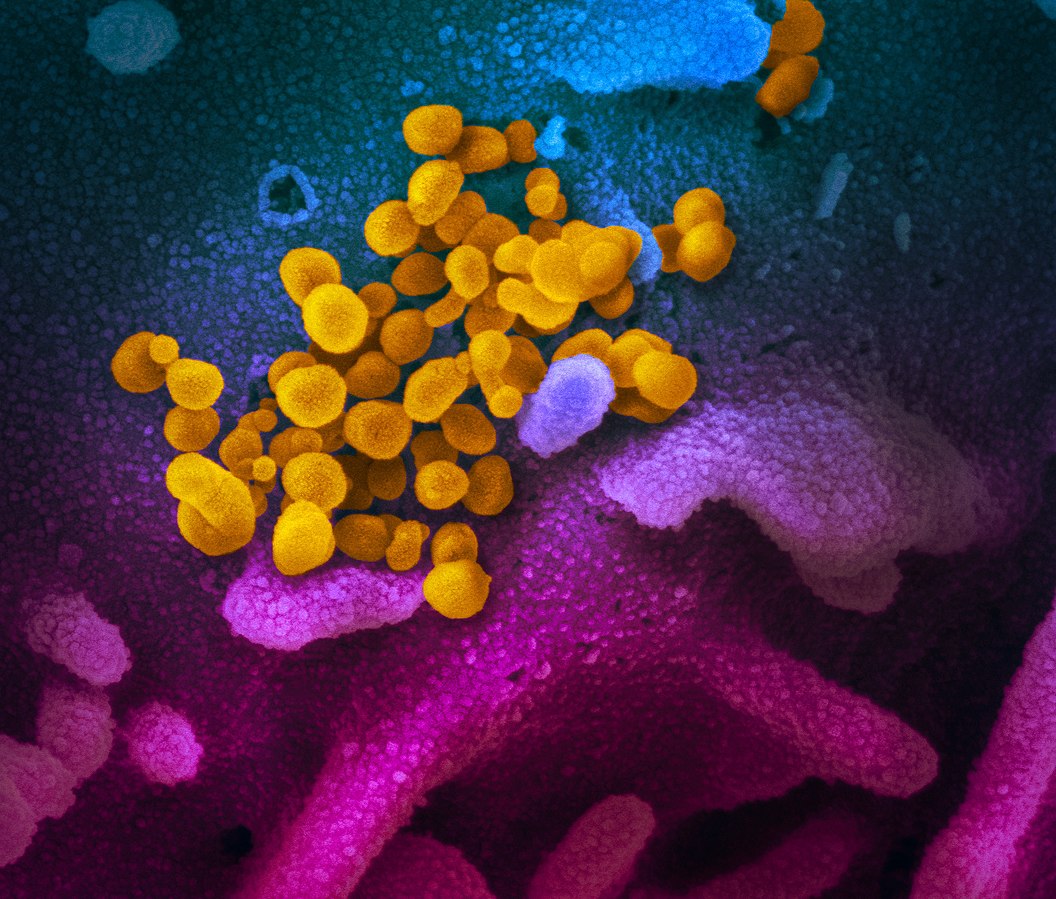Chinese biotech censured for misleading coronavirus drug claims

China’s BrightGene Bio-Medical Technology has been censured by the Shanghai Stock Exchange for wrongly claiming it is able to manufacture Gilead’s experimental drug remdesivir – scientists’ best hope of a treatment for the novel coronavirus.
Shares in BrightGene tanked after the announcement from the stock exchange that the biotech has not gained approval from China’s drug regulator to make remdesivir.
BrightGene has not been licensed by Gilead, which owns the drug’s patent, to make the drug and it has not received clearance to mass produce it.
The announcement wiped 20% off the company’s share price in intraday trading, the daily limit of the stock exchange.
Remdesivir is an antiviral drug that is not approved to treat any disease, although it has shown promise in preclinical trials and late-stage trials have just begun against the coronavirus that causes the disease known as COVID-19.
It is being tested in hospitals in Wuhan, the centre of the coronavirus outbreak, as well as in the US.
BrightGene said on February 12th that it had managed to manufacture remdesivir in large quantities, sending its stock up 60% to a record high.
In a separate development, US biotech Moderna said it had shipped its first vaccine against coronavirus ready for a phase 1 study.
Vials of the vaccine dubbed mRNA-1273 have been shipped to the National Institute of Allergy and Infectious Diseases (NIAID), a part of the National Institutes of Health (NIH) to be used in the planned US-based study.
Moderna’s vaccine is mRNA-based and targets the spike (S) protein necessary for membrane fusion and host cell infection.
This protein has been the target of vaccines against the related coronaviruses that cause Middle Eastern Respiratory Syndrome (MERS) and Severe Acute Respiratory Syndrome (SARS).
Moderna is one of several companies working on vaccines, including the US drugs giant Johnson & Johnson and its Janssen pharmaceuticals unit, as well as Sanofi and GlaxoSmithKline.
Photo: NIAID Rocky Mountain Laboratories (RML), NIH











